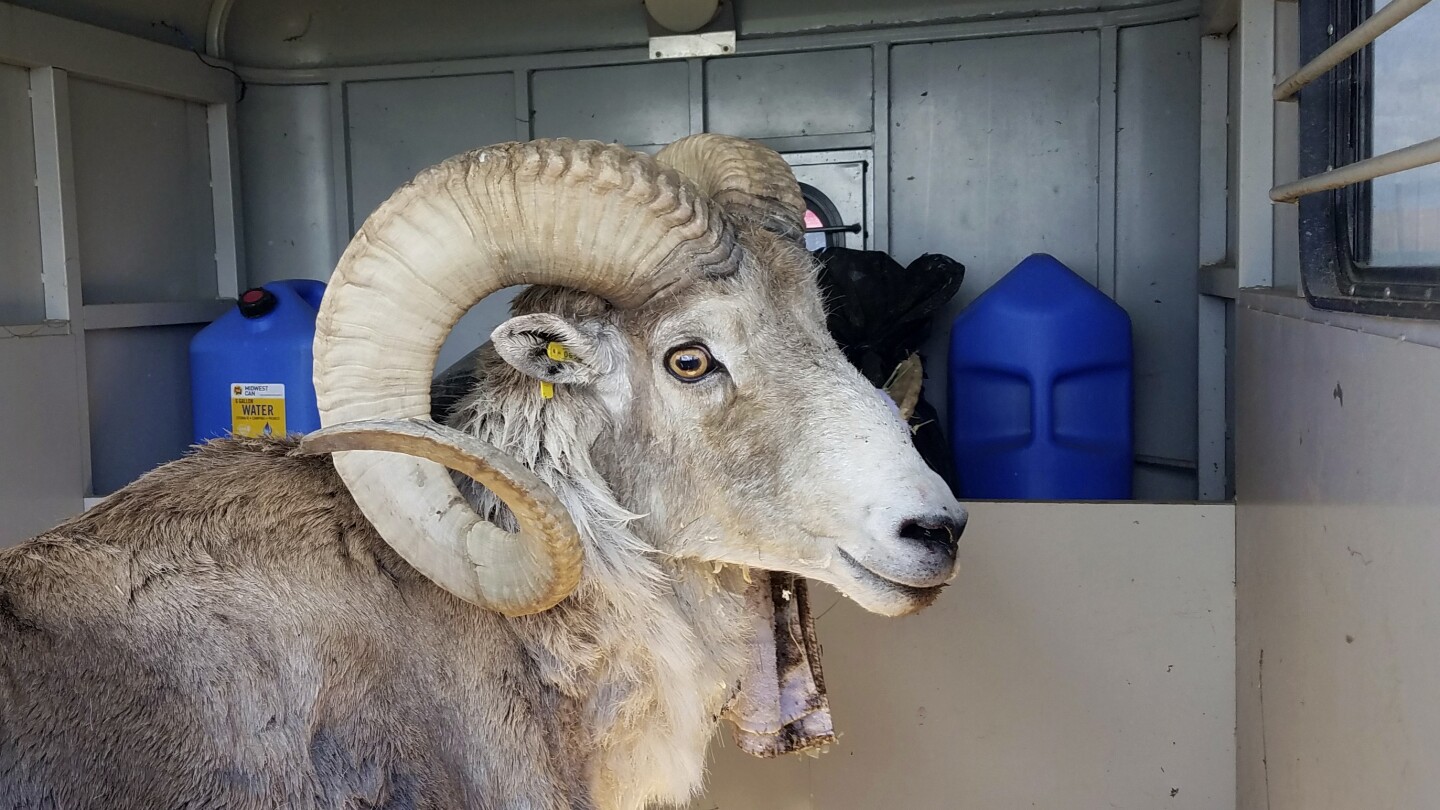Fun!
Still trying to figure out exactly what was wrong about what he did. A linked article says:
“…the defendant violated the Lacey Act that restricts wildlife trafficking and prohibits the sale of falsely labeled wildlife.”
I guess specifically bringing embryos/sperm of a banned animal into Montana, more than the cloning operation.
I was reading and rereading that bad article to figure out what the problem was. Thanks for that.
it bears a striking resemblance to the story behind Africanized honey bees.
the risk is the same as any other international transport and release of a non native species; invasive species that damage the ecosystem. that these are creatures that don’t exist anywhere and don’t have a native habitat just makes them that much harder to predict. this was all clearly done without any thoughts about the repercussions or how to avoid them.
https://en.wikipedia.org/wiki/Lacey_Act_of_1900
The Lacey Act of 1900 is a conservation law in the United States that prohibits trade in wildlife, fish, and plants that have been illegally taken, possessed, transported, or sold.[1]
Yeah, the description there makes it sound like the issue is just that the source of the tissue wasn’t legal. The quote from the judge makes it sounds like the objection was that he was doing cloning and breeding at all.
That is fucking impressive that he even managed it.
I’d say someone should hire him, but he’s 81 ffs.
Age discrimination is bad.
Removed by mod
deleted by creator
Breed to trophy kill is some truly sick shit.





